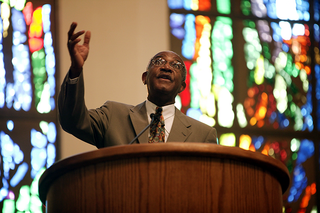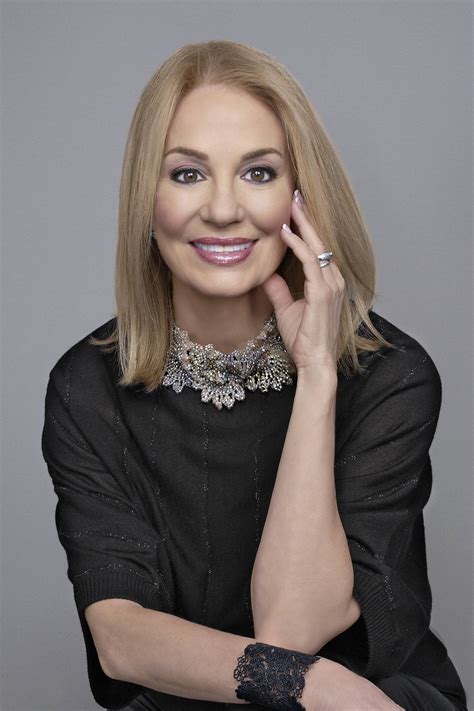A Quote by Albert Bandura
For many activities, people cannot rely solely on themselves in evaluating their ability level because such judgments require inferences from probabilistic indicants of talent about which they may have limited knowledge. Self-appraisals are, therefore, partly based on the opinions of others who presumably possess evaluative competence
Related Quotes
The sense organs, which are limited in scope and ability, randomly gather information. This partial information is arranged into judgments, which are based on previous judgments, which are usually based on someone else's foolish ideas. These false concepts and ideas are then stored in a highly selective memory system.
People who underestimate their capabilities also bear costs, although, as already noted, these are more likely to take self-limiting rather than aversive forms. By failing to cultivate personal potentialities and constricting their activities, such persons cut themselves off from many rewarding experiences. Should they attempt tasks having evaluative significance, they create internal obstacles to effective performance by approaching them with unnerving self-doubts
People are much more likely to act on their self-percepts of efficacy inferred from many sources of information rather than rely primarily on visceral cues. This is not surprising because self knowledge based on information about one's coping skills, past accomplishments, and social comparison is considerably more indicative of capability than the indefinite stirrings of the viscera
We are always more anxious to be distinguished for a talent which we do not possess, than to be praised for the fifteen which we do possess. Sometimes we are too close to the scene, to see clearly. We "know" ourselves so well that we cannot see how we are perceived by others. Our opinion of ourselves is only "one" opinion and it may not be the truth.
Comparative appraisals of efficacy require not only evaluation of one;s own performances but also knowledge of how others do, cognizance of nonability determinants of their performances, and some understanding that it is others, like oneself, who provide the most informative social criterion for comparison
Talent is able to achieve what is beyond other people's capacity to achieve, yet not what is beyond their capacity of apprehension; therefore it at once finds its appreciators. The achievement of genius, on the other hand, transcends not only others' capacity of achievement, but also their capacity of apprehension; therefore they do not become immediately aware of it. Talent is like the marksman who hits a target which others cannot reach; genius is like the marksman who hits a target, as far as which others cannot even see.
Dysfunctions can occur in each of the self-regulatory subfunctions-in how personal experiences are self-monitored and cognitively processed, in the evaluative self-standards that are adopted, and in the evaluative self-reactions to one's own behavior.. Problems at any one of these points can create self-dissatisfactions and dejection. dysfunctions in all aspects of the self system are most apt to produce the most chronic self-disparagement and despondency
First, my people must be taught the knowledge of self. Then and only then will they be able to under-stand others and that which surrounds them. Anyone who does not have a knowledge of self is considered a victim of either amnesia or unconsciousness and is not very competent. The lack of knowledge of self is a prevailing condition among my people here in America. Gaining the knowledge of self makes us unite into a great unity. Knowledge of self makes you take on the great virtue of learning.
Many people don't have the ability to be rich, because they're too lazy or they don't have the desire or the stick-to-itiveness. It's a talent. Some people have a talent for piano. Some people have a talent for raising a family. Some people have a talent for golf. I just happen to have a talent for making money.
































